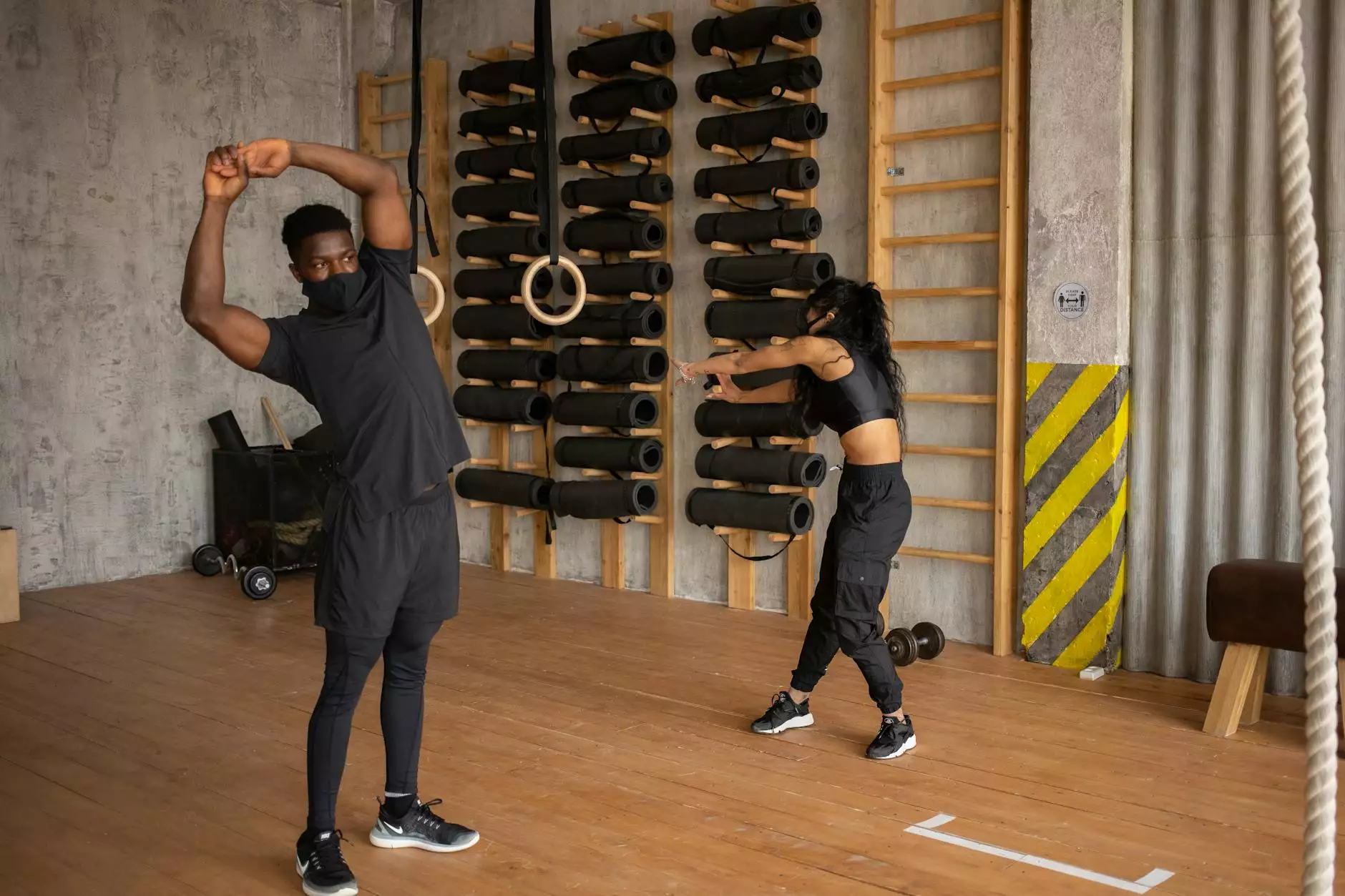Shoulder External Rotator Exercises: Enhancing Health & Medical Practices

Introduction
As a chiropractor or physical therapist, it is crucial to continuously improve your knowledge and techniques to provide the best possible care for your patients. One area of focus that can significantly benefit your practice is the shoulder external rotator exercises. In this article, we will explore the importance of these exercises and how they can enhance your health and medical practice. By incorporating these exercises into your treatment plans, you can help your patients recover faster and improve their quality of life.
Understanding Shoulder External Rotator Exercises
The shoulder external rotators are a group of muscles responsible for rotating the arm away from the body. These muscles play a vital role in shoulder stability and function. Strengthening and stretching exercises targeting the shoulder external rotators can help alleviate pain, improve mobility, and prevent further injuries.
Benefits for Patients
Implementing shoulder external rotator exercises in your practice can provide numerous benefits to your patients. These exercises can:
- Promote shoulder stability
- Improve range of motion
- Enhance posture and alignment
- Prevent shoulder injuries
- Alleviate shoulder pain and discomfort
By incorporating these exercises into your treatment plans, you can empower your patients to actively participate in their recovery and accelerate the healing process.
Recommended Shoulder External Rotator Exercises
Now, let's explore some effective shoulder external rotator exercises that you can recommend to your patients:
1. Resistance Band External Rotation
This exercise targets the rotator cuff muscles and helps strengthen the external rotators. Instruct your patients to:
- Attach a resistance band to a fixed object at elbow level
- Stand sideways, grasping the band with the injured arm
- Keep the elbow bent at 90 degrees and close to the body
- Slowly rotate the forearm away from the body against the resistance
- Repeat for 10-12 repetitions for 2-3 sets
2. Standing Cable External Rotation
This exercise provides resistance throughout the movement, further engaging the external rotator muscles. Instruct your patients to:
- Stand sideways to a cable machine with the injured arm facing the machine
- Hold the cable handle with the hand closest to the machine
- Keep the elbow bent at 90 degrees and close to the body
- Slowly rotate the forearm away from the body against the cable's resistance
- Repeat for 10-12 repetitions for 2-3 sets
Incorporating Shoulder External Rotator Exercises into Treatment Plans
When designing individualized treatment plans for your patients, consider including shoulder external rotator exercises as part of their rehabilitation process. These exercises should be tailored to their specific needs and condition. It is crucial to start with appropriate resistance and gradually increase as the patient progresses.
In addition to the exercises mentioned above, you can also incorporate other stretching and strengthening exercises targeting the shoulder girdle, scapula, and rotator cuff muscles. This holistic approach ensures comprehensive care and maximizes the chances of a successful recovery for your patients.
Monitoring Progress and Making Adjustments
Regularly monitor your patients' progress and make adjustments accordingly. Keep a record of their exercise performance, including sets, reps, and any discomfort or improvements reported. This information will help you modify their treatment plans and optimize their rehabilitation process.
Conclusion
Shoulder external rotator exercises offer significant benefits for chiropractors and physical therapists. By incorporating these exercises into your health and medical practices, you can provide comprehensive care to your patients, promoting shoulder stability, improving range of motion, and preventing further injuries. Remember to tailor the exercises to your patients' needs and monitor their progress closely. With a patient-centric approach and the right exercise protocols, you can play a vital role in their recovery and help them regain their optimal health.









